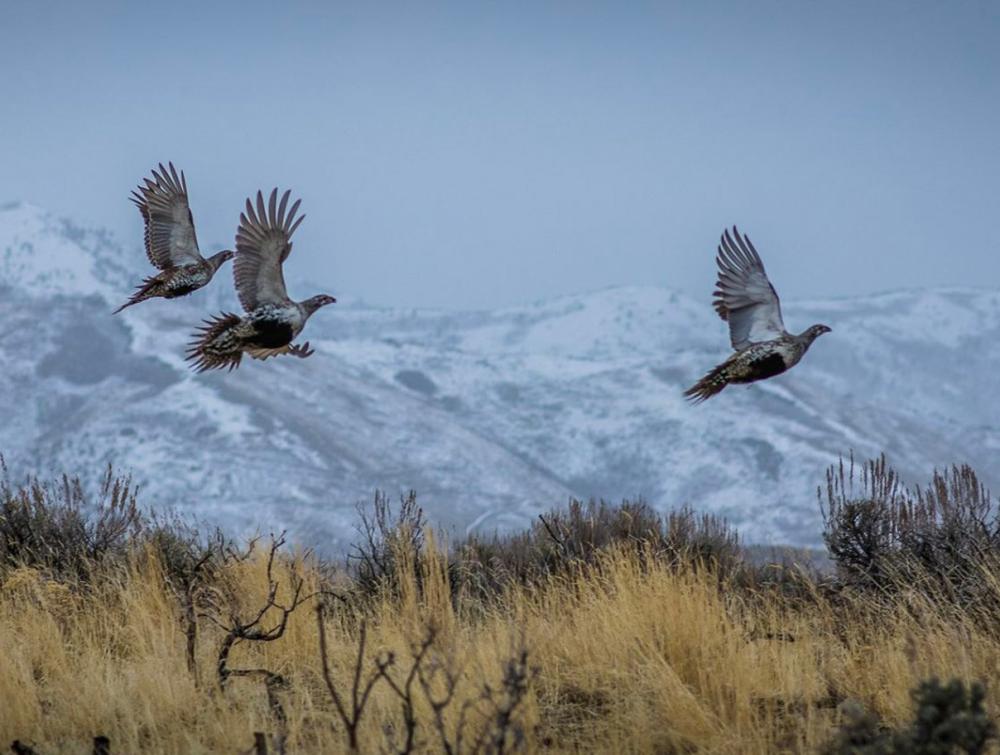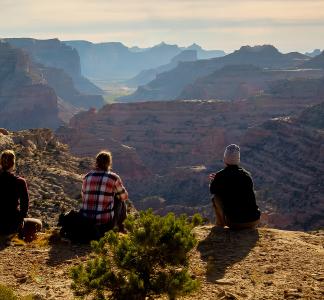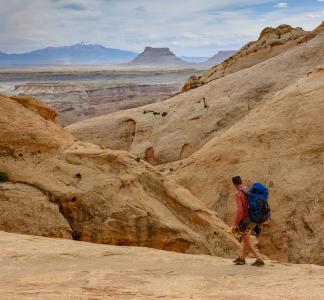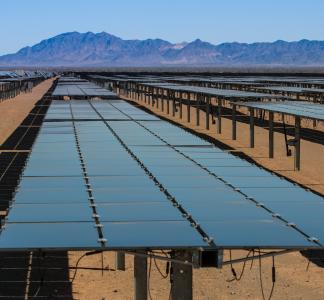BLM Public Lands Rule ushers in more balanced approach decades overdue

Elko County, Nevada
Jearred Foruria via BLM, Flickr
New rule ends preferential treatment for drilling and mining on public lands
Ever heard of the “Bureau of Livestock and Mining”? It’s clever wordplay, but sadly there has also been some historical basis in this disparaging nickname for the Bureau of Land Management (BLM). Despite Congress requiring the agency to manage public lands in a balanced way nearly 50 years ago, the BLM has seemed mostly concerned with drilling and mining. In 2016, for example, 90% of its estate was open for oil and gas leasing.
That grim era has finally ended with the roll-out of the finalized. A major victory for communities and nature alike, the final rule confirms definitively that conservation—of natural habitat, cultural resources, recreation areas and more—is on equal footing with resource extraction under the agency’s mandate.
Put simply, BLM is rebalancing public lands management to benefit communities and nature, bringing an end to industrial development’s open buffet.
This is a moment of generational significance. The BLM manages 245 million acres of public lands, including some of the most significant landscapes in North America. Despite the old joke we mentioned above, these lands encompass vital ecosystems, sacred sites, beloved hikes and more.
By way of example, take a look at the map below, which illustrates that BLM lands hold some of the greatest ecological significance in the United States:
Until now, places like these have been viewed first and foremost as potential sites for drilling and mining projects. The new rule corrects this imbalance, affirming that conservation uses matter, too. In conjunction with other new rules that place stricter regulations on drilling operations and open the door for responsible renewable energy development, this rule is a seismic shift.
The Biden administration deserves a great deal of credit for this moment, but so do advocates like you, who have fought—and continue to fight—for the government to meaningfully confront climate change, address the biodiversity crisis and expand outdoor access for all. These victories are truly thanks to the efforts, big and small, of people like you. Thank you for making this moment possible.



